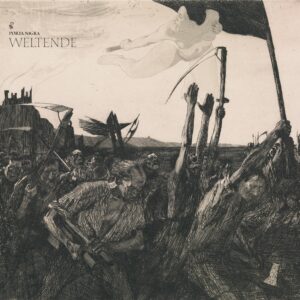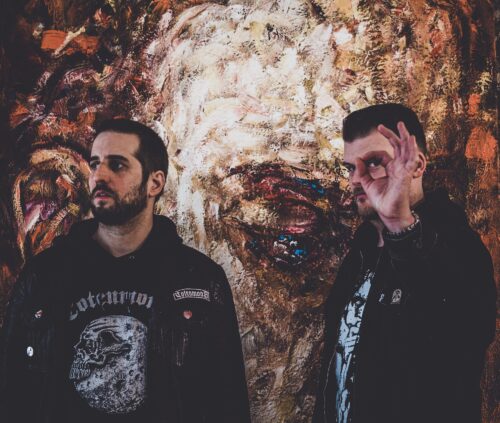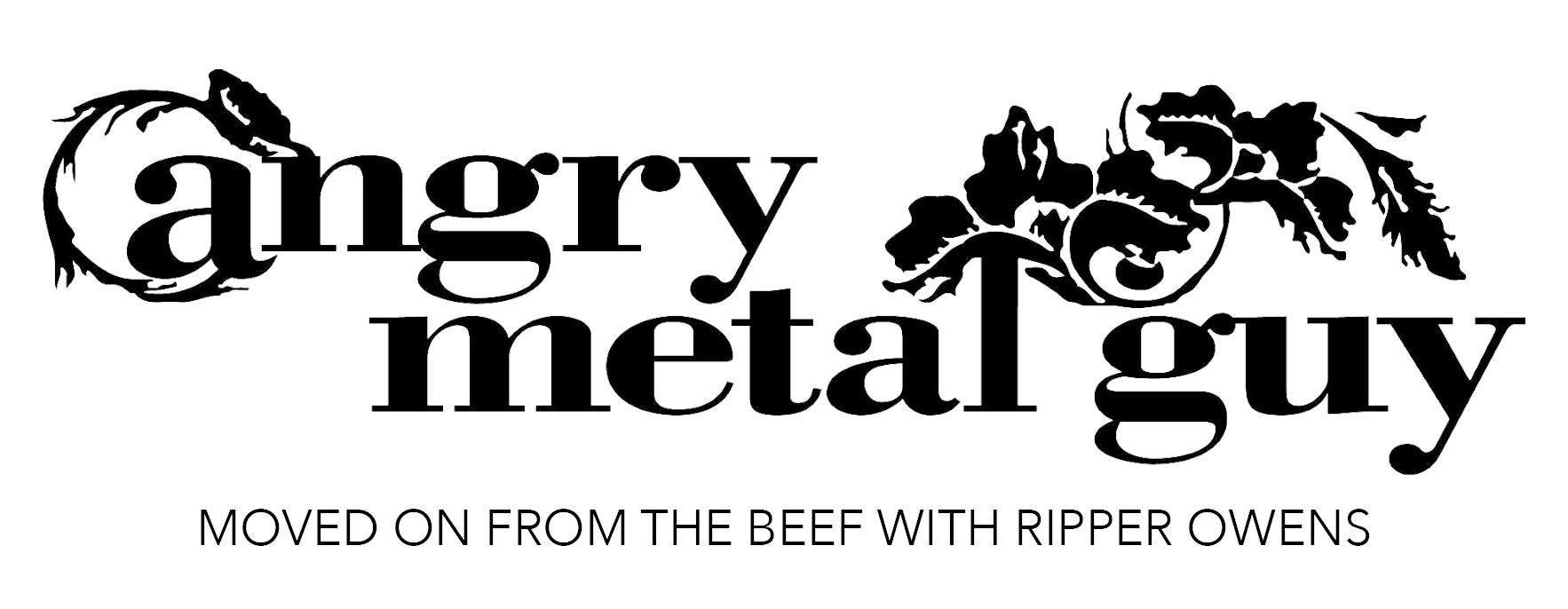 The choice of Käthe Kollwitz’s famous Aufruhr (Uprising) as the cover art for the fourth album by Germany’s Porta Nigra is telling in that … hang on, I’m almost sure that … *cue much lip nibbling and skrunkling of eyebrows as I crank my addled memory into second gear*… Panzerfaust!!! You wouldn’t think it would take me quite as long as it did to place the cover art from my 2020 album of the year, the outstanding The Suns of Perdition – Chapter II: Render unto Eden. 2020 was, coincidentally, also the last time we heard from Koblenz’s Porta Nigra, when they dropped the very good Schöpfungswut. For that album, the band—a duo for their first two records—added new vocalist Tongue (real, and seemingly now preferred, name André Meyrink), giving them a more overt black metal feel. Schöpfungswut represented something of a change from their first two, more progressive and unpredictable records. Since then, Porta Nigra appears to have jettisoned founding member O. and added new drummer and bassist Jöschu Käser (of Thron, among many others). Will this herald a further change of direction and can Weltende possibly hold a candle to Render unto Eden?
The choice of Käthe Kollwitz’s famous Aufruhr (Uprising) as the cover art for the fourth album by Germany’s Porta Nigra is telling in that … hang on, I’m almost sure that … *cue much lip nibbling and skrunkling of eyebrows as I crank my addled memory into second gear*… Panzerfaust!!! You wouldn’t think it would take me quite as long as it did to place the cover art from my 2020 album of the year, the outstanding The Suns of Perdition – Chapter II: Render unto Eden. 2020 was, coincidentally, also the last time we heard from Koblenz’s Porta Nigra, when they dropped the very good Schöpfungswut. For that album, the band—a duo for their first two records—added new vocalist Tongue (real, and seemingly now preferred, name André Meyrink), giving them a more overt black metal feel. Schöpfungswut represented something of a change from their first two, more progressive and unpredictable records. Since then, Porta Nigra appears to have jettisoned founding member O. and added new drummer and bassist Jöschu Käser (of Thron, among many others). Will this herald a further change of direction and can Weltende possibly hold a candle to Render unto Eden?
OK, so that second question is unfair, since, apart from the fact that they are both operating in and around the atmospheric black metal space, Porta Nigra and Panzerfaust are doing different things, and, were it not for the artwork, I would likely never have pulled the two together. With Weltende, Porta Nigra completes the journey from their avant-garde—a term of which, I know from interviews, songwriter, lyricist, and guitarist Gilles de Rais is not a big fan—debut, Fin de siècle to progressive atmoblack. And progressive it remains, with unexpected transitions, effects and otherworldly melodic passages making me think of Dødheimsgard’s recent Black Medium Current. At the same time, the bombast, sustained guitar leads, and almost industrial stomp of some of the material (“Verlorene Paradiese” and “Völkerbrand”) has hints of Kanonenfieber in the sound.
Weltende sees a vast progression in Meyrink’s vocals. While his snarling rasp is still put to good use, he also deploys some sparse cleans, deep resonant invocations bordering on spoken word (all in the first two or so minutes of the title track), as well as something approaching a hardcore bark (end of “Die himmlische Revolution”). Tackling the run-up to, and horrors of World War I (in their native German), the whole of Weltende has a melancholic, contemplative tone that belies some of the blackened fury on the record. Indeed, the choice of the album title, which translates as “End of the World” is telling, as it is also the title of a 1910 poem by by German author, Jakob van Hoddis, regarded as one of the best known examples of expressionism. This is no coincidence, I assume, as de Rais cites von Hoddis and others as tragic heralds of the doom brought about by the Great War. This is translated into the music of Weltende through its sense of grandeur and the ebb and flow of the music.

Kept to a tight 47 minutes, the excellent songwriting on Weltende gives the record a languid flow, as it glides in and out of harsh black metal, slipping from melodic instrumental passages into progressive detours and extended spoken word passages. While black metal remains very much the core of Porta Nigra’s sound (see opener “Es ist Krieg” or the frenzied end of the title track), in some ways Weltende harks closer to the experimental, psychedelic sounds of the debut than to Schöpfungswut. Almost reminiscent of a soundtrack, it has a flow and an enveloping sound that drew me in a little more on each listen, a sense heightened by the delicate use of synths and piano, courtesy of guest, John Never. The production is also very good, with a great drum sound and enough space in the mix to let both guitars and bass breathe.
I suggested above that Weltende was a continuation of Porta Nigra’s journey from the avant-garde psychedelia of their early career to the progressive atmoblack of Schöpfungswut. While that’s true as far as it goes, there is a sense in which Weltende sees the band coming full circle. Grander in vision and more skillfully executed than their last record, Porta Nigra has reached a point in their sound where they have the confidence as songwriters to deploy more nods to their early sound, which ties together the two parts of their career to great effect on Weltende. To return to my unfair question about Panzerfaust, Weltende is not (at least for me) the equal of Render unto Eden but it’s a great record!
Rating: 4.0/5.0
DR: 9 | Format Reviewed: 320 kbps mp3
Label: Soulseller Records
Websites: portanigra.bandcamp.com | facebook.com/portanigraband
Releases Worldwide: July 28th, 2023

















